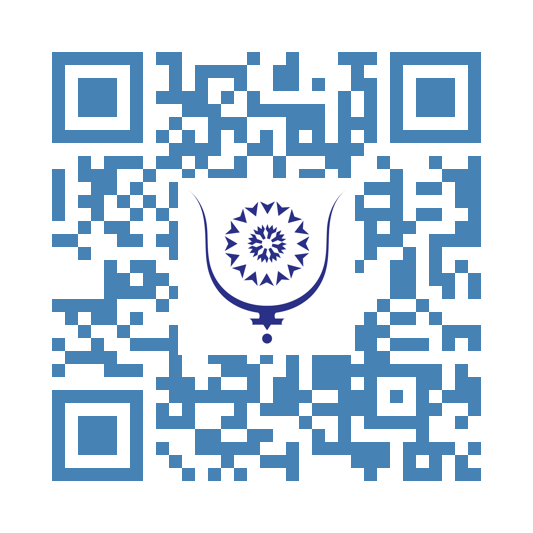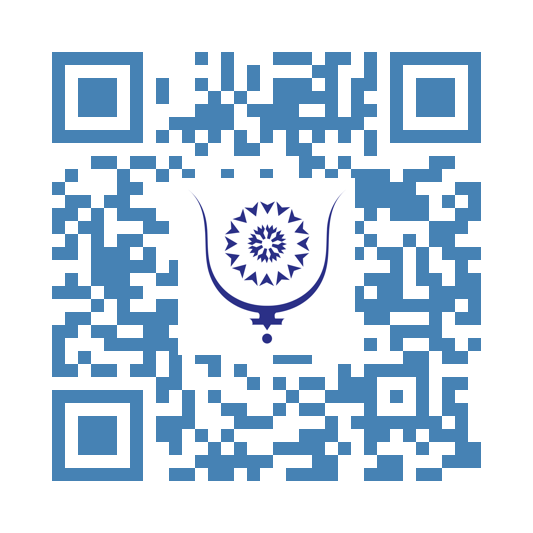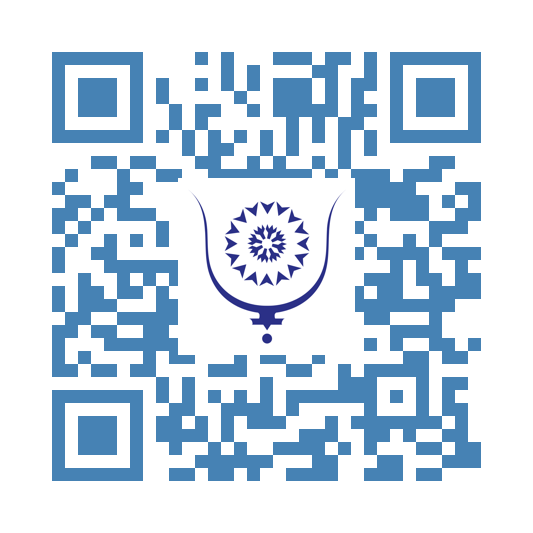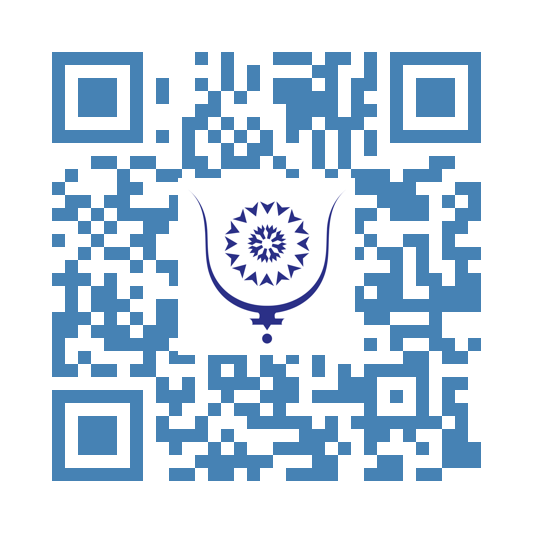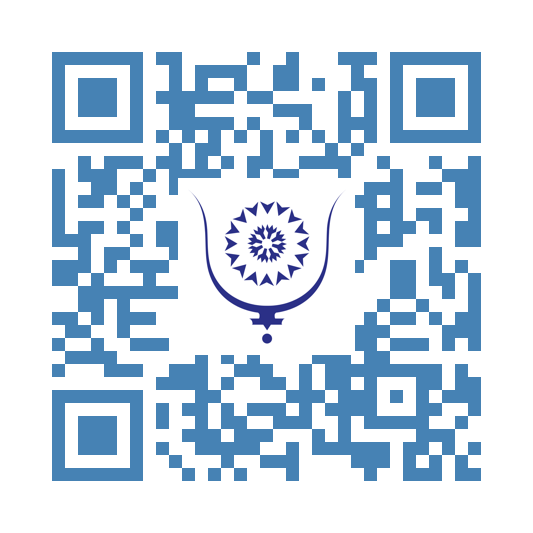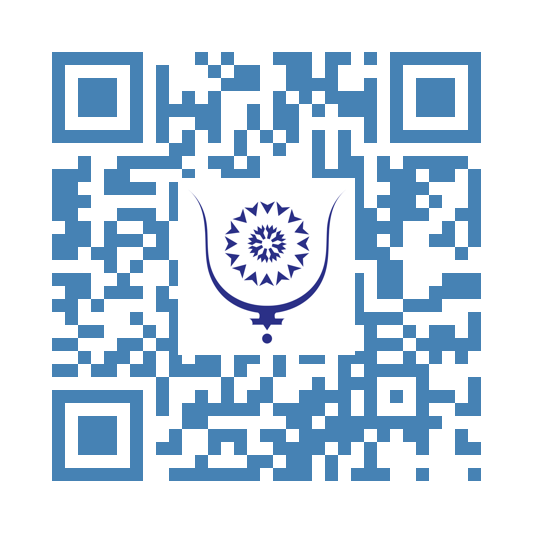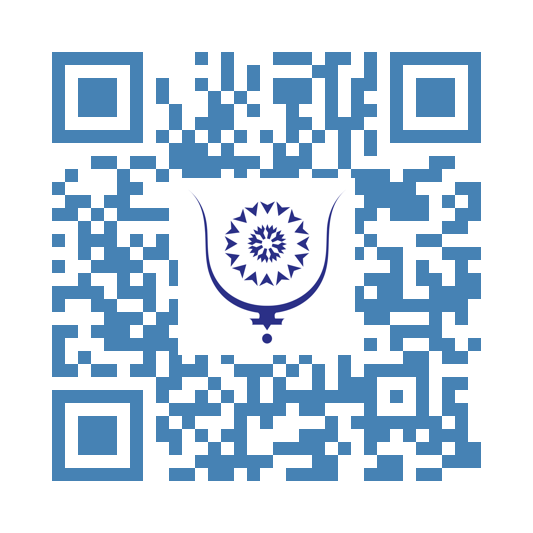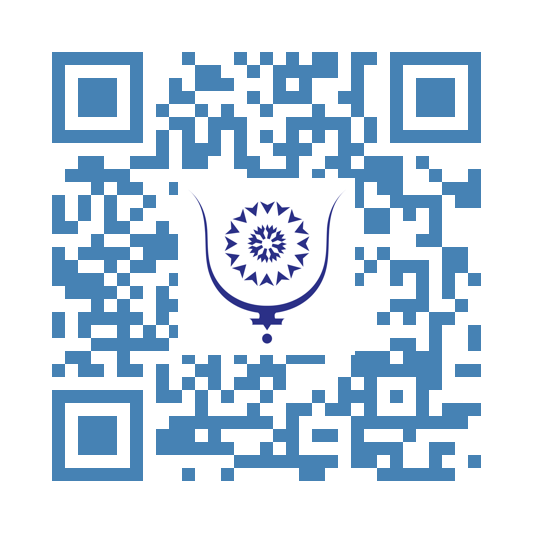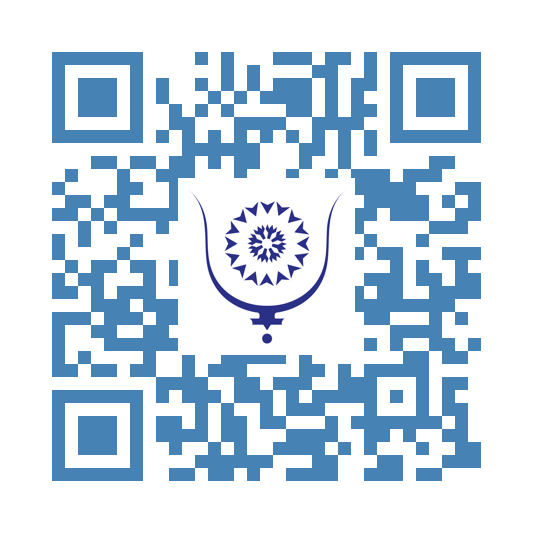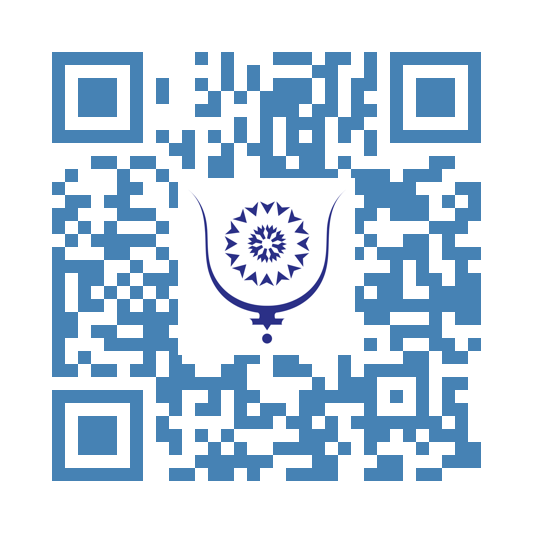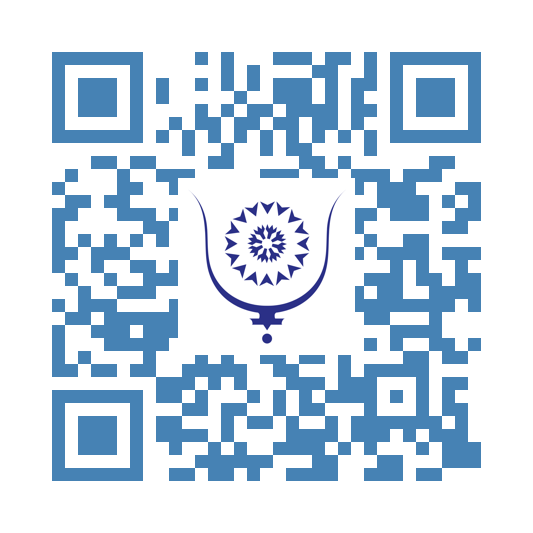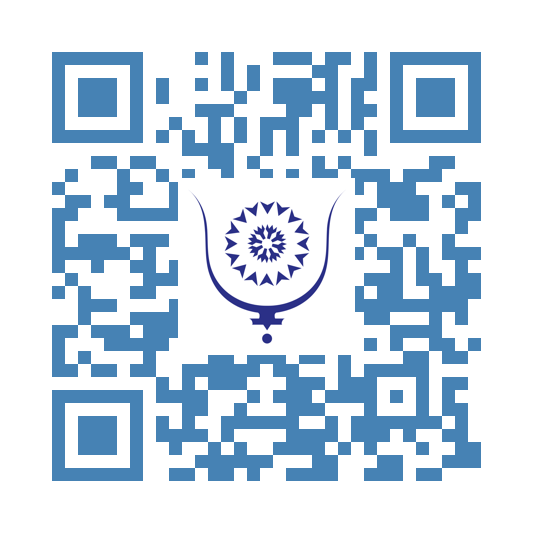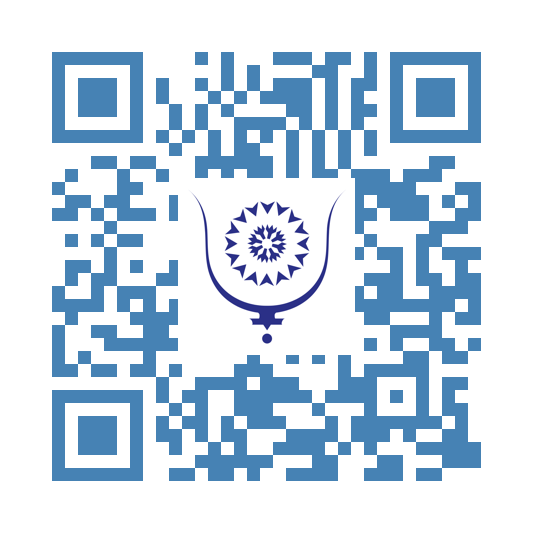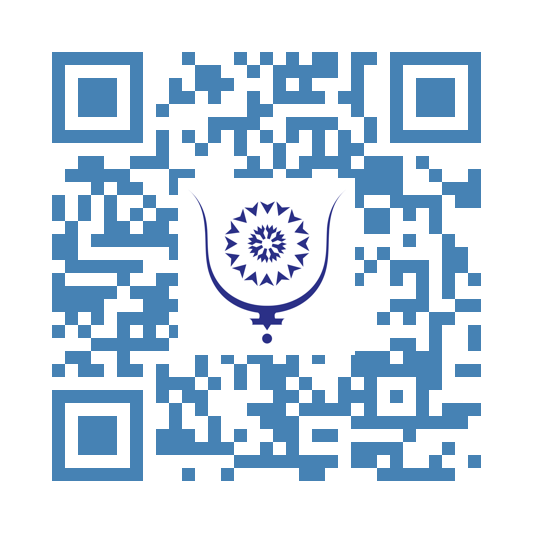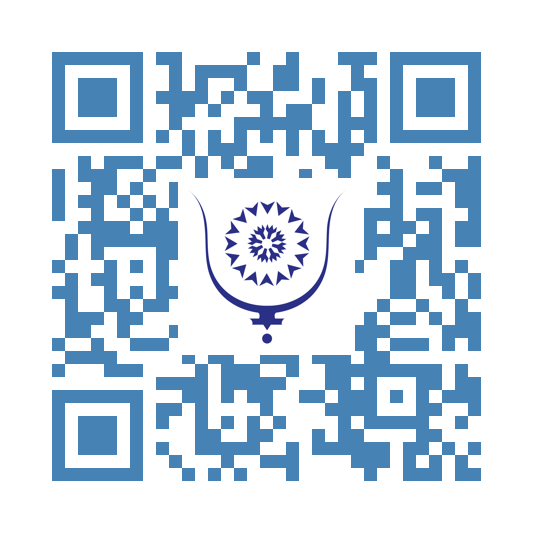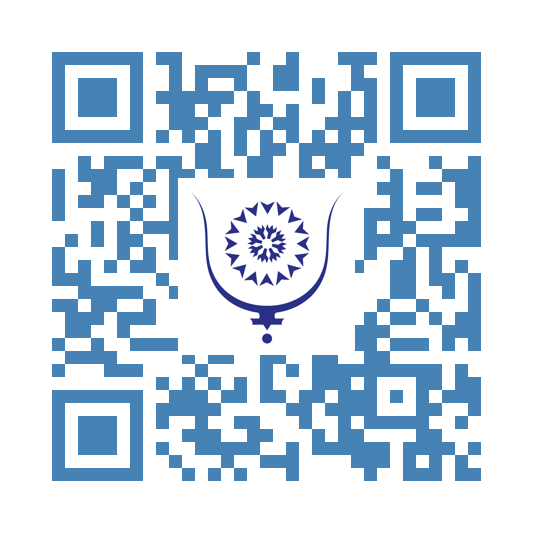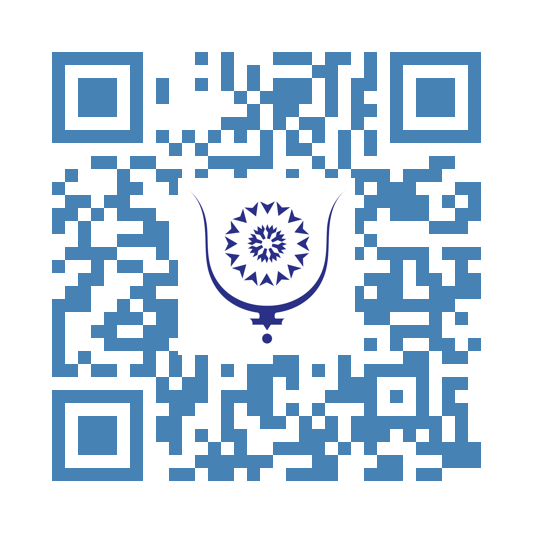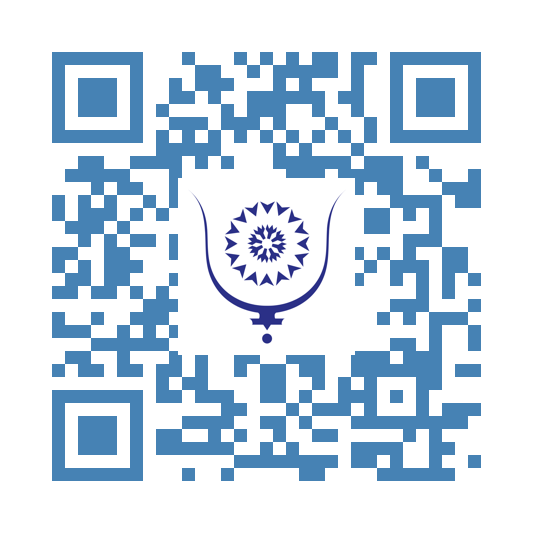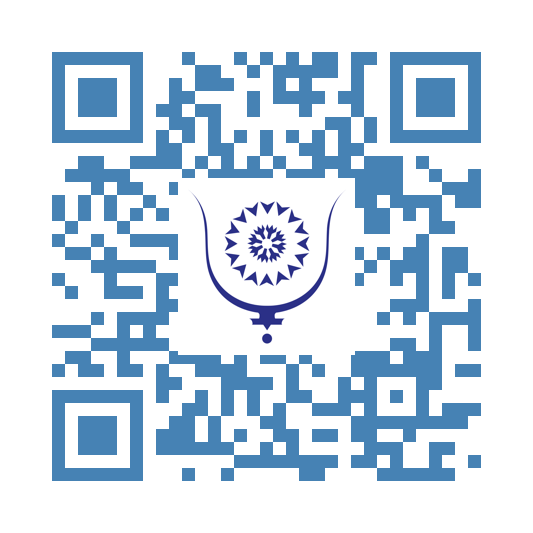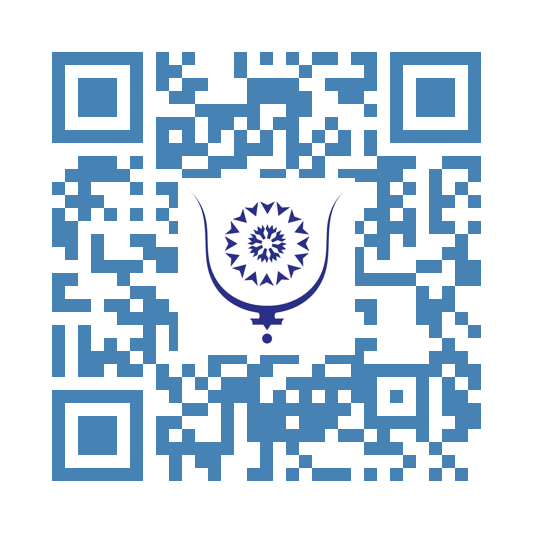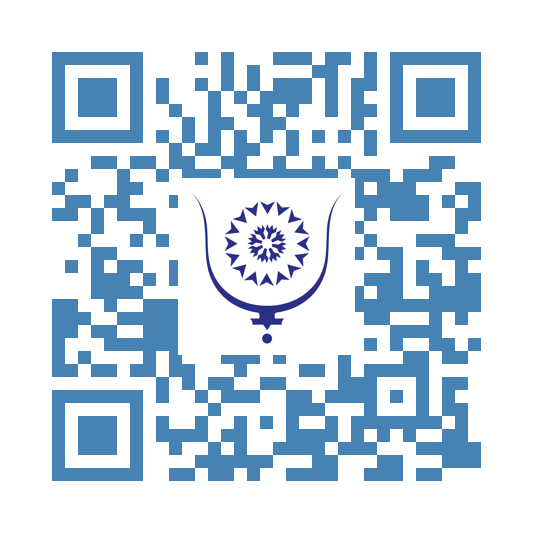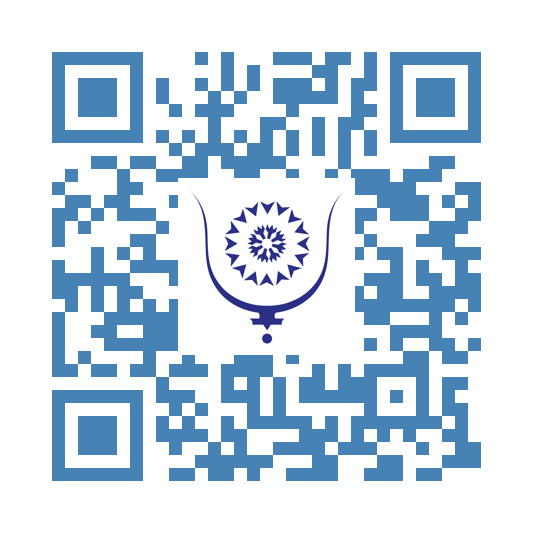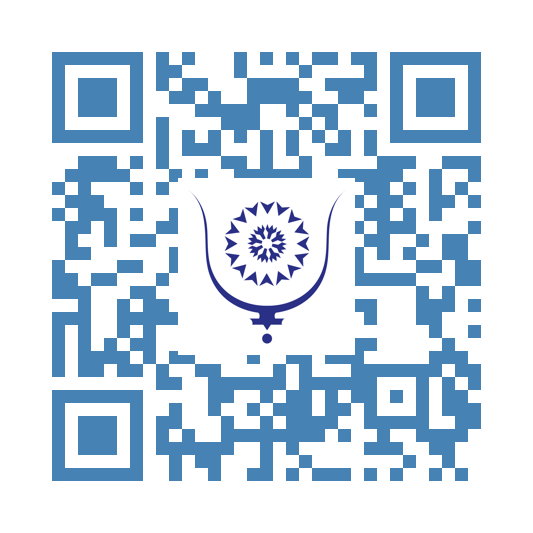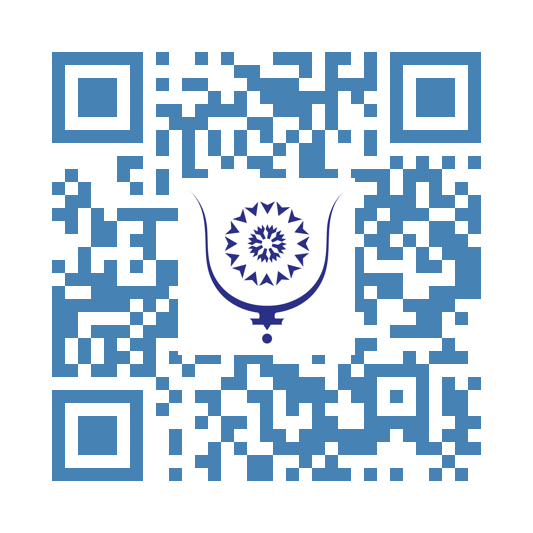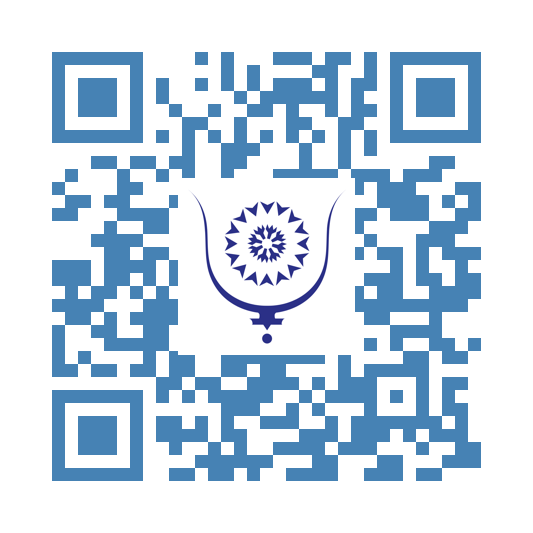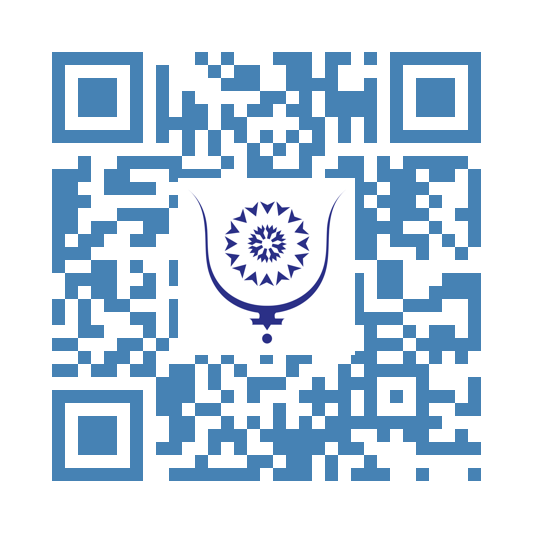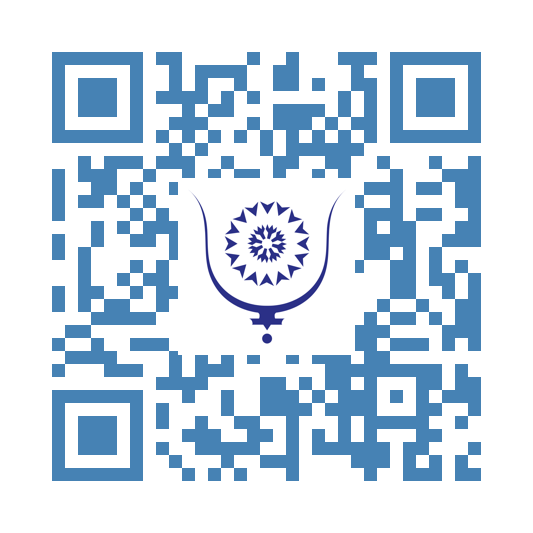Understanding Deception Play in Soccer: How Defenders Can Shed Robotic Behavior and Stand Against Deceptive Play 5454
In soccer, experience isn't something that can be simply adopted or rigidly followed. When a player from a different league is brought into a local league, they bring with them unique styles and tactics, including the art of "Deception Play".
"Deception Play" isn't just a simple fake move. It's an unpracticed art, a symphony of self-worth and tradition, culture, societal priorities, magic, and sometimes, controversy. The player who executes this deception play does so in such a way that the defender, unprepared for this style of play, can seem like a robot, mechanically defending against an unknown and unrepeated reaction.
These players, new to the local league, can carry the ball or their body around without revealing their true intentions, leaving defenders at a loss. Local players, both professional and amateur, unfamiliar with these deceptive moves, may struggle to defend against them. These players may need to learn how to study the individual intelligence and playing style of these players. The issue that can arise is that these local players can't just learn how to read the deceptive play by playing games, they should learn it from a person who understands the mental mechanisms and has experienced the reading procedures to detect the deceptive play.
While a game is organized by a coach, the coach's duty ends at that level and players should take responsibility for leading while the game is in flow. Players who lack the ability to understand how to defend against these deceptive plays are prone to making numerous mistakes. To prepare a generation of players for such surprises in the flow of the game, they need to learn from those who already know how to hone and sharpen the attitude and mentality of the players. This way, they can better anticipate and react to these deceptive plays without resorting to simple robotic moves.
While the unpredictability of a soccer game is a given, it doesn’t mean that some players are unaware of the events during a game. Players exhibit skills such as sprinting, controlling the ball, and executing passes with impressive accuracy. Yet, it can be surprising for coaches to see a team, despite its excellent performance, lose the most critical part of the game - the final score.
Long-term exposure to different traditions of soccer can refine a player’s decision-making skills. This development, similar to sustainable growth from a player’s early years, doesn’t just occur by jumping to the highest levels. It’s a process akin to surfing; one cannot simply bypass all the smaller waves to ride the biggest one. A soccer player learns to adapt to all systems and traditions to reach the team, elite, and national team levels, gaining experience in recognizing events and striving to make the right decisions.
However, if a player bypasses the levels and jumps directly to the biggest wave, they may face many challenges at the elite or national team levels with less creativity in their decision-making process. While this might help the player progress through the levels, it won’t equip them with a variety of concepts to automate the right decision-making, as this requires understanding the mechanics of events. Early experiences should progress through levels to reach the highest levels. If a player skips levels and jumps directly to the top, their reactions may become unbalanced, appearing primitive and lacking in emotional intelligence. This is especially true when trying to match what is detected with innovative decision-making. An analyst would definitely recognize the limitations of a player’s ability to acquire and cope with the events. Unfortunately, if a player is still battling at a top level, that process can delay self-assessment and recognition of self-awareness.
Simo Idrissi






